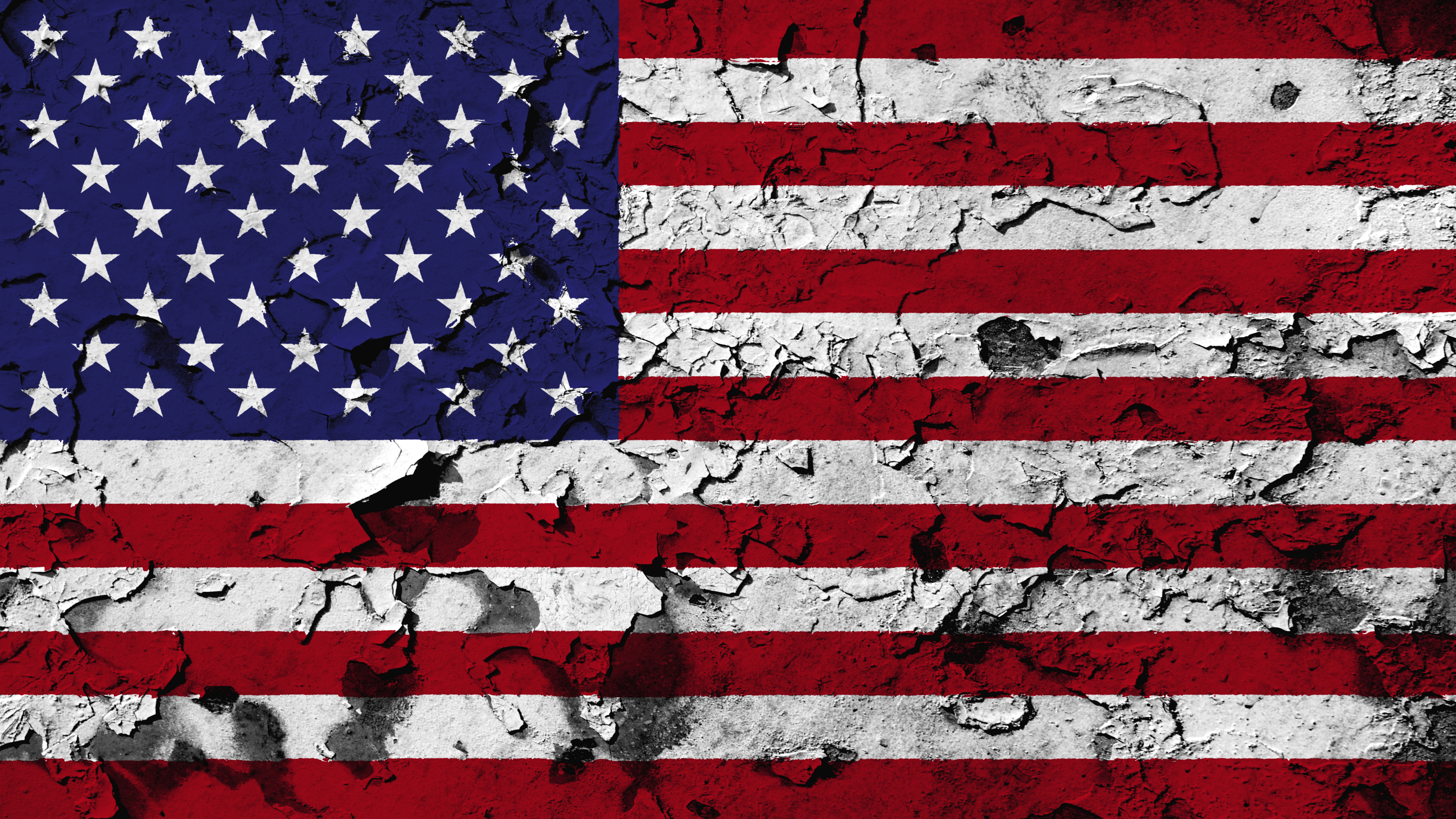How democracies collapse
Is America headed for an Argentinian future?


A free daily email with the biggest news stories of the day – and the best features from TheWeek.com
You are now subscribed
Your newsletter sign-up was successful
Juan Linz told us this might happen. The late Yale political scientist spent his life studying political systems around the world, and in a celebrated 1990 essay warned that presidential democracies like ours are inherently unstable and prone to paralysis and collapse. In parliamentary systems, Linz explained in "The Perils of Presidentialism," the legislature and the prime minister, are of the same party and govern jointly. If they lose popular support, they can be ousted in early elections. But in presidential systems, the president and the legislature (Congress) are elected separately; when they're controlled by opposing parties with acute differences, Linz said, both branches insist they represent the will of the people, and "there is no democratic principle on the basis of which [the power struggle] can be resolved." Presidents then often abuse their powers. The legislature responds with abuses of its own. A coup or civil war can ensue, with democracy giving way to Latin American authoritarianism.
We are not yet Argentina or Chile (or America in 1860), but our democracy is headed toward a dangerous place. Linz always said the U.S. presidential system had been an exception to his rule only because of its "moderate consensus" — a middle ground on which both major parties met in civil compromise. That middle ground is gone. As Jonathan Chait points out this week in New York magazine, the "social norms" that once kept a divided government functioning are disintegrating; for the first time in history, the Senate is refusing to consider anyone the president might nominate to fill a vacant Supreme Court seat. Elections sometimes end stalemates like this one — but after November, the crisis could get much worse. Just imagine what a President Trump might do if "total losers" in Congress block his appointments, or try to stop him from deporting millions of people or bombing the hell out of a nation that has insulted him. Do cry for us, Argentina.
A free daily email with the biggest news stories of the day – and the best features from TheWeek.com
The Week
Escape your echo chamber. Get the facts behind the news, plus analysis from multiple perspectives.

Sign up for The Week's Free Newsletters
From our morning news briefing to a weekly Good News Newsletter, get the best of The Week delivered directly to your inbox.
From our morning news briefing to a weekly Good News Newsletter, get the best of The Week delivered directly to your inbox.
William Falk is editor-in-chief of The Week, and has held that role since the magazine's first issue in 2001. He has previously been a reporter, columnist, and editor at the Gannett Westchester Newspapers and at Newsday, where he was part of two reporting teams that won Pulitzer Prizes.
-
 What are the best investments for beginners?
What are the best investments for beginners?The Explainer Stocks and ETFs and bonds, oh my
-
 What to know before filing your own taxes for the first time
What to know before filing your own taxes for the first timethe explainer Tackle this financial milestone with confidence
-
 The biggest box office flops of the 21st century
The biggest box office flops of the 21st centuryin depth Unnecessary remakes and turgid, expensive CGI-fests highlight this list of these most notorious box-office losers
-
 The billionaires’ wealth tax: a catastrophe for California?
The billionaires’ wealth tax: a catastrophe for California?Talking Point Peter Thiel and Larry Page preparing to change state residency
-
 Bari Weiss’ ‘60 Minutes’ scandal is about more than one report
Bari Weiss’ ‘60 Minutes’ scandal is about more than one reportIN THE SPOTLIGHT By blocking an approved segment on a controversial prison holding US deportees in El Salvador, the editor-in-chief of CBS News has become the main story
-
 Has Zohran Mamdani shown the Democrats how to win again?
Has Zohran Mamdani shown the Democrats how to win again?Today’s Big Question New York City mayoral election touted as victory for left-wing populists but moderate centrist wins elsewhere present more complex path for Democratic Party
-
 Millions turn out for anti-Trump ‘No Kings’ rallies
Millions turn out for anti-Trump ‘No Kings’ ralliesSpeed Read An estimated 7 million people participated, 2 million more than at the first ‘No Kings’ protest in June
-
 Ghislaine Maxwell: angling for a Trump pardon
Ghislaine Maxwell: angling for a Trump pardonTalking Point Convicted sex trafficker's testimony could shed new light on president's links to Jeffrey Epstein
-
 The last words and final moments of 40 presidents
The last words and final moments of 40 presidentsThe Explainer Some are eloquent quotes worthy of the holders of the highest office in the nation, and others... aren't
-
 The JFK files: the truth at last?
The JFK files: the truth at last?In The Spotlight More than 64,000 previously classified documents relating the 1963 assassination of John F. Kennedy have been released by the Trump administration
-
 'Seriously, not literally': how should the world take Donald Trump?
'Seriously, not literally': how should the world take Donald Trump?Today's big question White House rhetoric and reality look likely to become increasingly blurred
